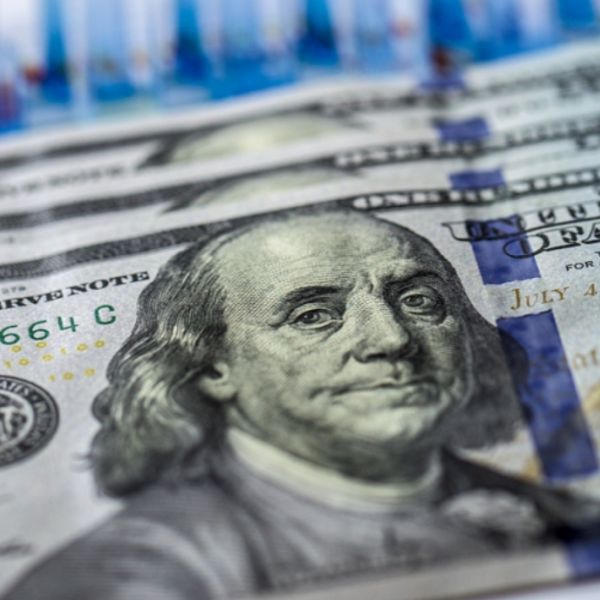News
Stay up to date on the latest crypto trends with our expert, in-depth coverage.

Solana co-founder Toly retweeted a post to highlight the advantages of ORE, including continuous miner incentives, staking rewards coming from protocol revenue rather than inflation, and fees being fed back into the ecosystem.

It is not a contest between "personal heroism" and "technical protocols", but a competition between "equity option returns" and "network adoption rate".

According to Polymarket data, the market estimates a 55% probability that the U.S. government shutdown will end between November 12 and 15.

The mining protocol that caused congestion on the Solana network has returned to the stage with a brand new economic model after a year of silence.

"Code is Law" seems to be a thing of the past.

The next bitcoin bear market may see a milder decline compared to previous cycles. If the price falls back to the $55,000–$70,000 range, it would be a normal cyclical movement rather than a sign of systemic collapse.

Social is becoming the underlying infrastructure of finance


On November 6, CertiK co-founder and CEO, Columbia University professor Ronghui Gu attended the China International Finance Forum · Hong Kong Summit and participated in the roundtable discussion on "Compliance and Innovation of Digital Asset Trading Platforms."

The mining protocol that caused congestion on the Solana network has made a comeback with a brand-new economic model after a year of dormancy.
- 10:34A whale deposited 3.62 million USDC to go 10x long on ZECAccording to Jinse Finance, monitored by Lookonchain, a newly created wallet deposited 3.62 million USDC into HyperLiquid and went long on ZEC with 10x leverage.
- 10:28UBS predicts that a Fed rate cut will push the 10-year US Treasury yield down to 3.5%According to Golden Ten Data, UBS stated in an outlook report that the rapidly growing U.S. debt means investors will continue to demand higher term premiums to invest in long-term Treasury bonds, which will lead to a renewed steepening of the yield curve. However, UBS analysts noted that the yield on the U.S. 10-year Treasury bond will still decline, as the Federal Reserve may further cut interest rates. They expect the yield on the 10-year U.S. Treasury to fall to 3.5% next year, and then rebound to 4% by the end of 2026.
- 10:28South Korean financial giants join forces with Samsung and Kakao to seize the stablecoin market, positioning themselves ahead of the year-end legislationAccording to ChainCatcher, citing a report from CCN, major South Korean financial holding companies are actively partnering with tech giants such as Samsung Electronics, Naver, and Kakao to gain a foothold in the country's soon-to-be-opened stablecoin market. With the Financial Services Commission of South Korea planning to submit a comprehensive stablecoin bill to the National Assembly by the end of 2025, financial groups such as KB, Shinhan, Hana, and Woori are accelerating their strategies, aiming to launch the first batch of KRW-pegged stablecoins before the regulatory framework is officially implemented. Once passed, the bill will formally legalize KRW-backed stablecoins and allow banks to issue them either independently or in partnership with private entities. Since building blockchain and payment infrastructure from scratch could take years, banks are choosing to ally with tech giants that already possess robust platform ecosystems. KB Kookmin Bank has applied for more than 17 trademarks for the "KB KRW" stablecoin and established a dedicated department; Shinhan Financial Group is piloting a KRW-backed token on its food delivery app; Hana Financial Group has set up a digital asset task force; and Woori Financial Group is collaborating with Samsung Electronics on Samsung Wallet. Although currently operating in a regulatory grey area, domestic stablecoin trading volume in South Korea has already surpassed 60 trillion KRW (approximately $41 billion) this year, with major financial institutions hoping to establish market credibility early. By ensuring regulatory compliance through banks and leveraging the convenience and scalability provided by tech companies in a hybrid model, South Korea may develop a unique digital currency system.